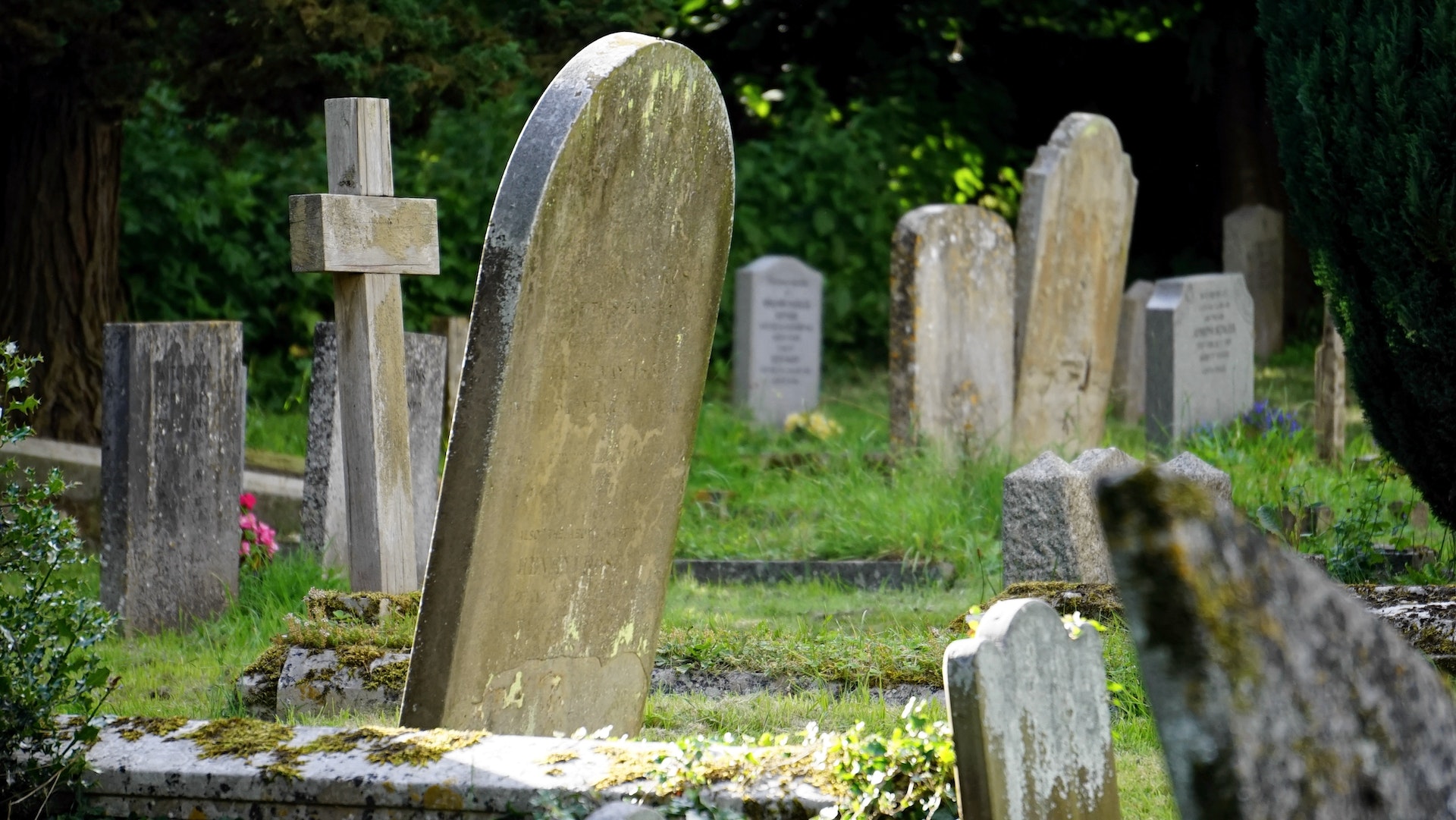Death and Dying: Acknowledging Grief Through Poetry
June 9th, 2023 1:00 am | by Blog Contributor Posted in Poetry

Photo by Mike Bird
In times of great loss, reading poetry can be an excellent tool to help deal with death and dying. That is why it is such a frequent theme touched by many poets.

Poetry is a powerful method of helping people work through their emotions regarding death and dying. It allows individuals an avenue with which to safely express their feelings and perspectives in a creative and productive way that is meaningful to them.
Whether it is from another poet or self-made, poetry offers an insightful sense of warmth, comfort, and solace during these difficult times when a loved one passes. It helps individuals process their intense emotions of grief and eventually pushes them toward coming to terms with their loss.
Either through writing or reading, poetry can help people explore the many complex and contradicting facets surrounding death and dying. By being exposed to these many perspectives on the subject, people can be taught how to find and develop new ways of coping with these impactful moments and other similar experiences.
How Does Poetry Help with Death and Dying?
By relying on poetry, individuals can acquire a powerful and resilient tool for healing and growth, helping individuals stand firm, discover hope in the middle of grief and acquire meaning despite or from sorrow.
Comfort and solace are realizations that can be wrung by simply reading a piece of poetry that touches upon the heart and the mental state of the reader (of course, this has to be exact, and not every specific example has the same effect for all readers).
Through poetry, grief is made more palatable; the fierce thoughts swirling in one’s head are given words, allowing for better understanding and compassion of one’s emotions.
Poetry also helps people feel as if they are not alone–and this is one of its most important aspects. The trouble with grief is that it can quickly overwhelm someone if they are not resilient enough, but the presence of and the awareness that there are others greatly alleviates this issue.
Expression of grief is perhaps the best way poetry can help individuals work through death and dying. As primal human experiences, emotions and perspectives surrounding death and dying are quite instinctual and gut-reactive.
This means that people are often at a loss for words on how to express themselves and communicate to others the exactness of what they are currently going through.
Poetry also paves a space for individuals to explore their emotions without having to worry about missteps and misunderstandings. Words are very powerful when dealing with deep trauma and intense sentiments, and it is precisely poetry that helps to find them.
Are All Poems Good for Dealing with Emotions?
Of course, despite poetry’s versatility, not everyone can find the same benefits from it. This is especially true when considering which or what poem to engage with. Not all forms or examples of poetry will be helpful in dealing with death and dying, even if they do touch upon similar themes. A few poems are just too visceral or raw in their writing, which may be painful or unsettling for some readers. Some poems might even have starkly different stances than what you are more familiar with.
So, it is important, deeply so, to find poetry that speaks to or, at least, runs close to your mental state and helps you to process your emotions in a healthy and productive way.
Where to Look for Poetry About Death and Dying?

If you are in search of poetry that helps one deal with the intensity of death and dying, there are plenty of examples and resources available to you, whether it is in the library or on the internet. In particular, Tales of a Traveler in Poetry and Prose and When The Rose Fades by Brion K. Hanks are marvelous tomes of exquisite writing, chock full of ruminations on various facets of human life and poems to help with death and dying.
The poem below was written by Brion K. Hanks after the sudden loss of his Uncle Gene. It is the first poem he wrote regarding losing a loved one (You can find it in his anthology of poetry and prose When The Rose Fades). It would not be the last.
